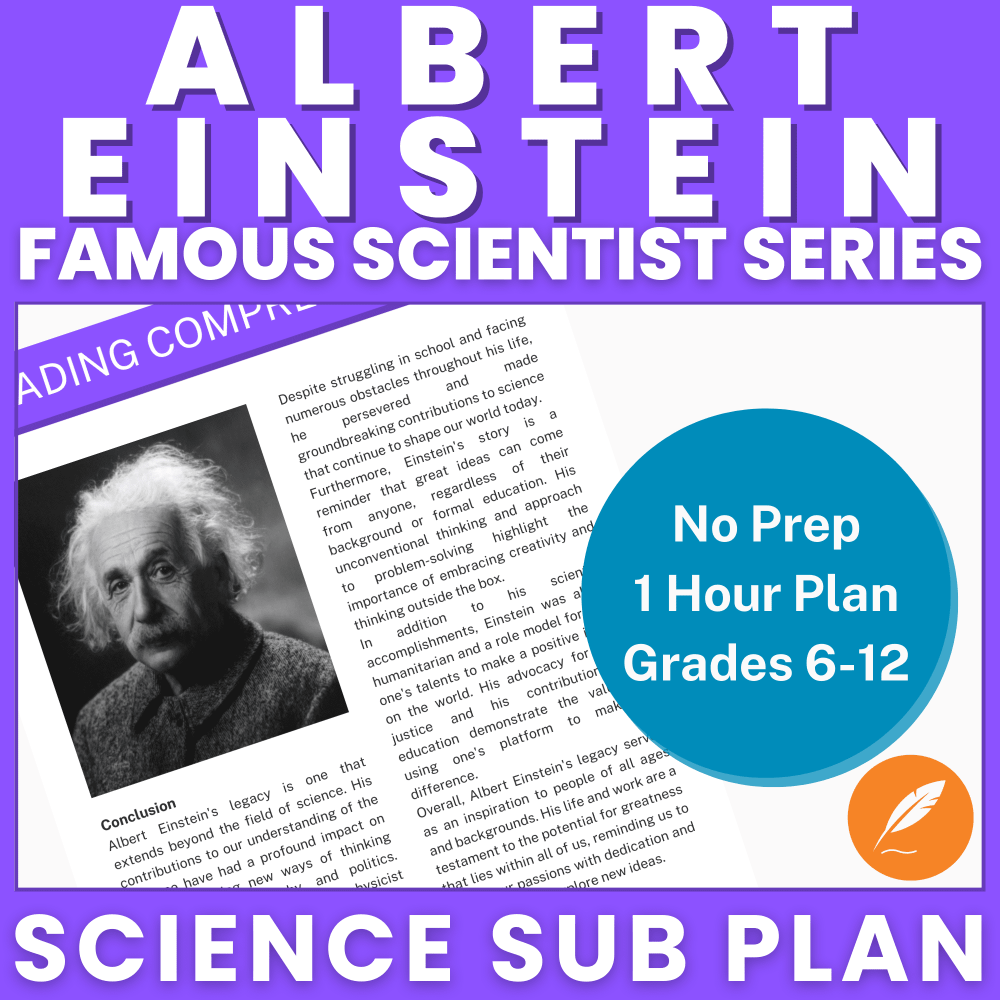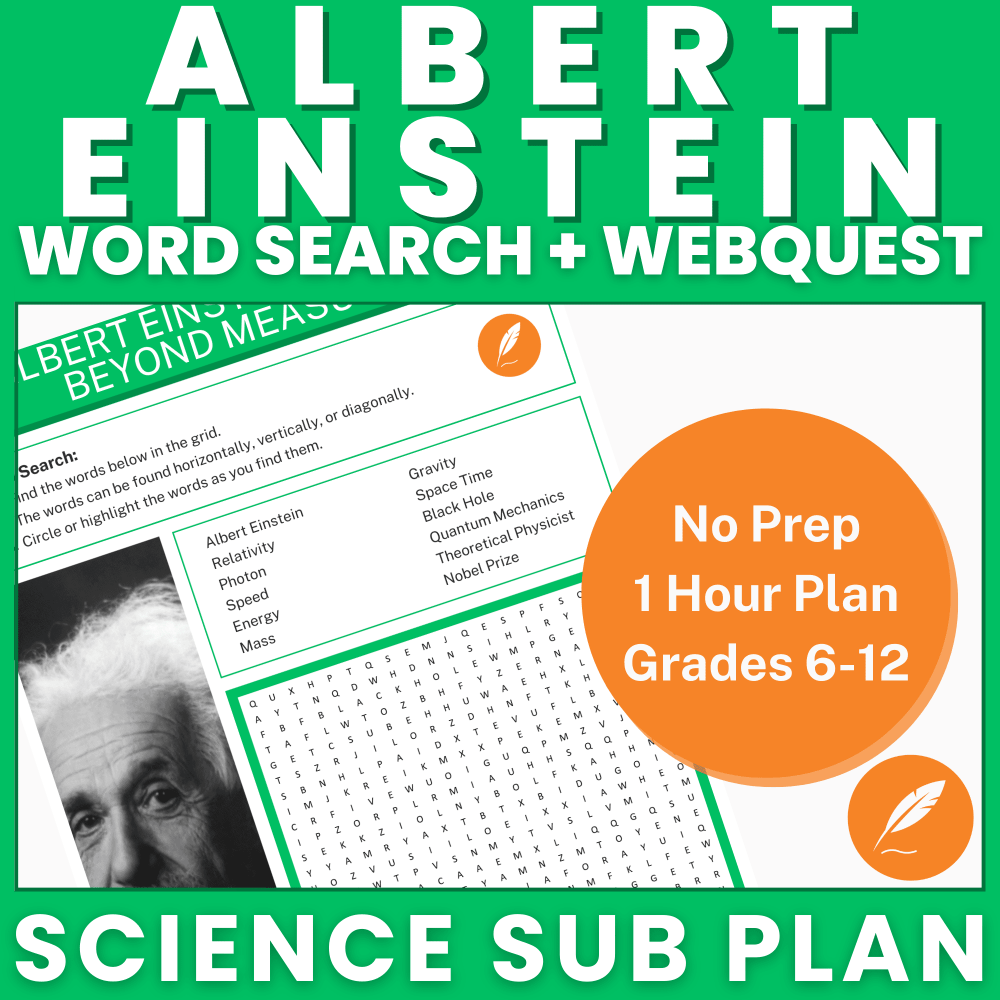Albert Einstein. You've heard the name, but do you truly grasp the impact this wild-haired genius had on our world? Buckle up, because we're about to dive into the mind-bending universe of physics' most famous rockstar. From his humble beginnings to becoming the face of scientific revolution, Einstein's story is anything but ordinary. His groundbreaking theories didn't just shake up the scientific community - they fundamentally altered how we perceive space, time, and reality itself. Ready to have your mind blown? Let's unravel the tale of the man who dared to question the very fabric of existence.
More...
Albert Einstein's Early Life and Education
Here's the kicker: Born in 1879 in Ulm, Germany, Albert Einstein wasn't exactly a child prodigy. In fact, he was a bit of a late bloomer! His parents worried he might be a bit slow, as he didn't start speaking until he was nearly four. But boy, did he make up for lost time!
A Curious Mind Emerges
Young Albert's fascination with science kicked off when his father gifted him a compass. The invisible force that moved the needle boggled his mind and sparked a lifelong quest to understand the hidden workings of the universe.
Despite struggling with the rigid German education system, Einstein's curiosity knew no bounds. He devoured science books like they were comic strips and taught himself advanced maths and physics. Talk about a self-starter!
From Rebel to Researcher
Einstein's rebellious streak and disdain for authority didn't exactly endear him to his teachers. But it was this very trait that would later lead him to challenge long-held scientific beliefs. After graduating, he landed a job at the Swiss Patent Office. Little did the world know that this humble patent clerk was about to turn physics on its head!
Check out our Albert Einstein lesson plan on TPT - complete with Reading Comprehension, a WebQuest, Case Studies and Debate Topics!
The Birth of Einstein's Theory of Relativity
Picture this: it's 1905, and a 26-year-old Einstein is daydreaming about riding on a beam of light. Sounds bonkers, right? Well, this seemingly silly thought experiment led to one of the most revolutionary ideas in physics - the theory of special relativity.
E = mc² - More Than Just a Famous Equation
You've seen it on t-shirts and coffee mugs, but what does E = mc² actually mean? In a nutshell, it shows that energy and mass are two sides of the same coin. This mind-bending concept paved the way for nuclear power (and, unfortunately, nuclear weapons).
Warping Spacetime
A decade later, Einstein expanded his theory to include gravity. General relativity described gravity not as a force, but as a curvature of spacetime itself. If that sounds like something out of sci-fi, you're not wrong! Einstein's ideas were so ahead of their time, they're still blowing minds today.
Check out our Albert Einstein Word Search on TPT - complete with a WebQuest and Discussion Questions - perfect Bell Ringer tasks!
Einstein's Key Contributions to Modern Physics
Einstein didn't just shake up our understanding of space and time. His brilliant mind left its mark across multiple areas of physics, fundamentally changing how we view the universe.
The Photoelectric Effect
Ever wondered how solar panels work? Thank Einstein! His explanation of the photoelectric effect (which nabbed him the Nobel Prize) laid the groundwork for modern photovoltaic technology. Not too shabby for a side project, eh?
Bose-Einstein Condensates
Teaming up with Indian physicist Satyendra Nath Bose, Einstein predicted the existence of a new state of matter. This 'Bose-Einstein condensate' was finally created in a lab in 1995, proving once again that Einstein was light-years ahead of his time.
Gravitational Waves
Einstein's theories predicted the existence of ripples in spacetime caused by massive cosmic events. It took a century, but in 2015, scientists finally detected these gravitational waves, opening up a whole new way of observing the universe. Talk about a long-term payoff!
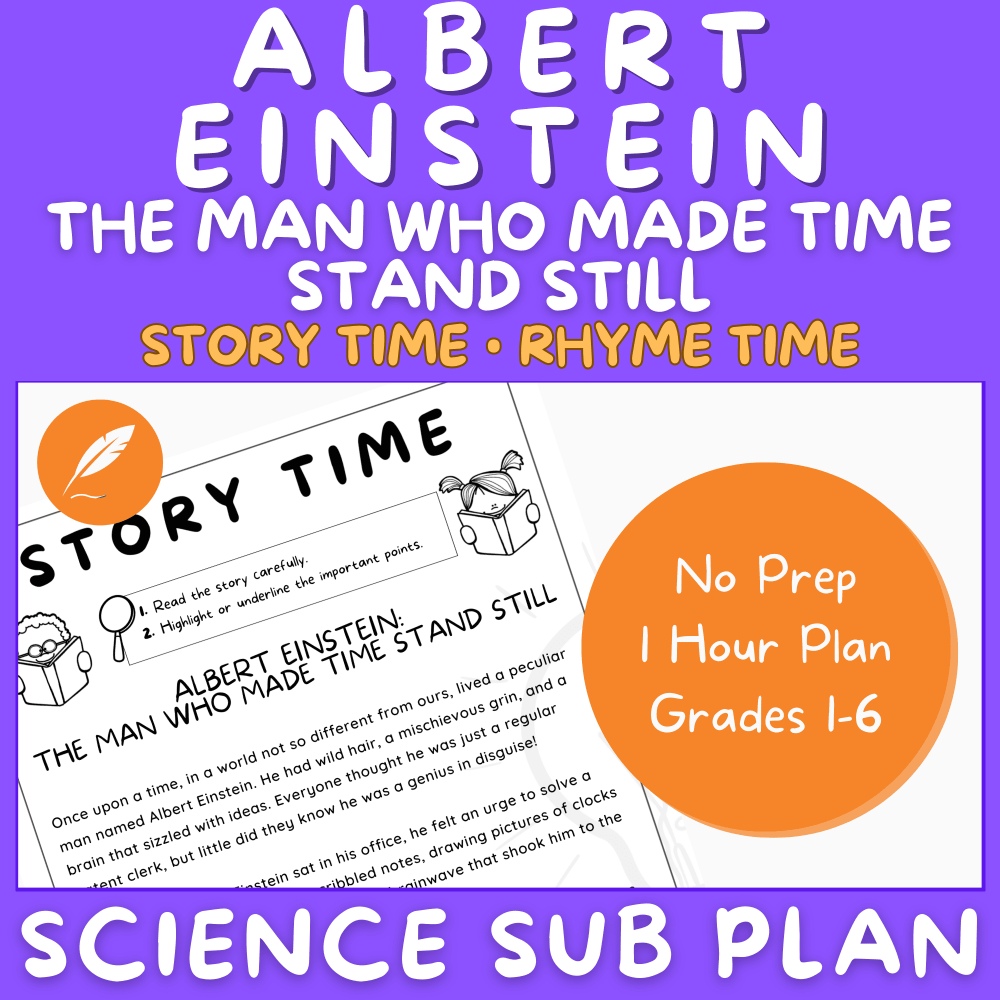
FREE Primary Lesson Plan
Enjoy this FREE lesson plan all about Albert Einstein, his work and legacy — perfect for your young Science Ninjas.
The download includes Story Time, Rhyme Time, and simple activities that help children explore Einstein’s curious mind in a fun, friendly way.
Ideal for quick cover or an easy classroom treat, this cheerful lesson is ready to use and instantly engaging. Just click, download, and enjoy!
Einstein's Influence on Quantum Mechanics
While Einstein revolutionised our understanding of the big stuff - space, time, and gravity - he also played a crucial role in the development of quantum mechanics, the science of the very small. But here's the kicker: he wasn't entirely comfortable with it!
The Reluctant Quantum Pioneer
Einstein's work on the photoelectric effect helped kick-start quantum theory. However, as the field developed, he found himself at odds with its probabilistic nature. This led to his famous quip, "God does not play dice with the universe."
The EPR Paradox
In a bid to poke holes in quantum theory, Einstein and his colleagues proposed a thought experiment known as the EPR paradox. Ironically, this challenge led to even deeper insights into quantum entanglement and spurred the development of quantum computing. Talk about a backfire!
Famous Scientists: Trailblazers in History
No Prep Lesson Plan
Unleash the inner scientist in your students! This bundle ignites curiosity with five lesson plans on some of history's brightest minds.
Includes Albert Einstein!
The Legacy of Einstein's Work
Einstein's contributions to science didn't end with his death in 1955. His theories continue to shape our understanding of the universe and drive technological innovation.
From GPS to Black Holes
Ever used GPS on your phone? You're benefiting from Einstein's theories! Without accounting for relativistic effects, your navigation would be off by kilometres. And those mind-bending black hole images you've seen? They're direct visual proof of Einstein's predictions.
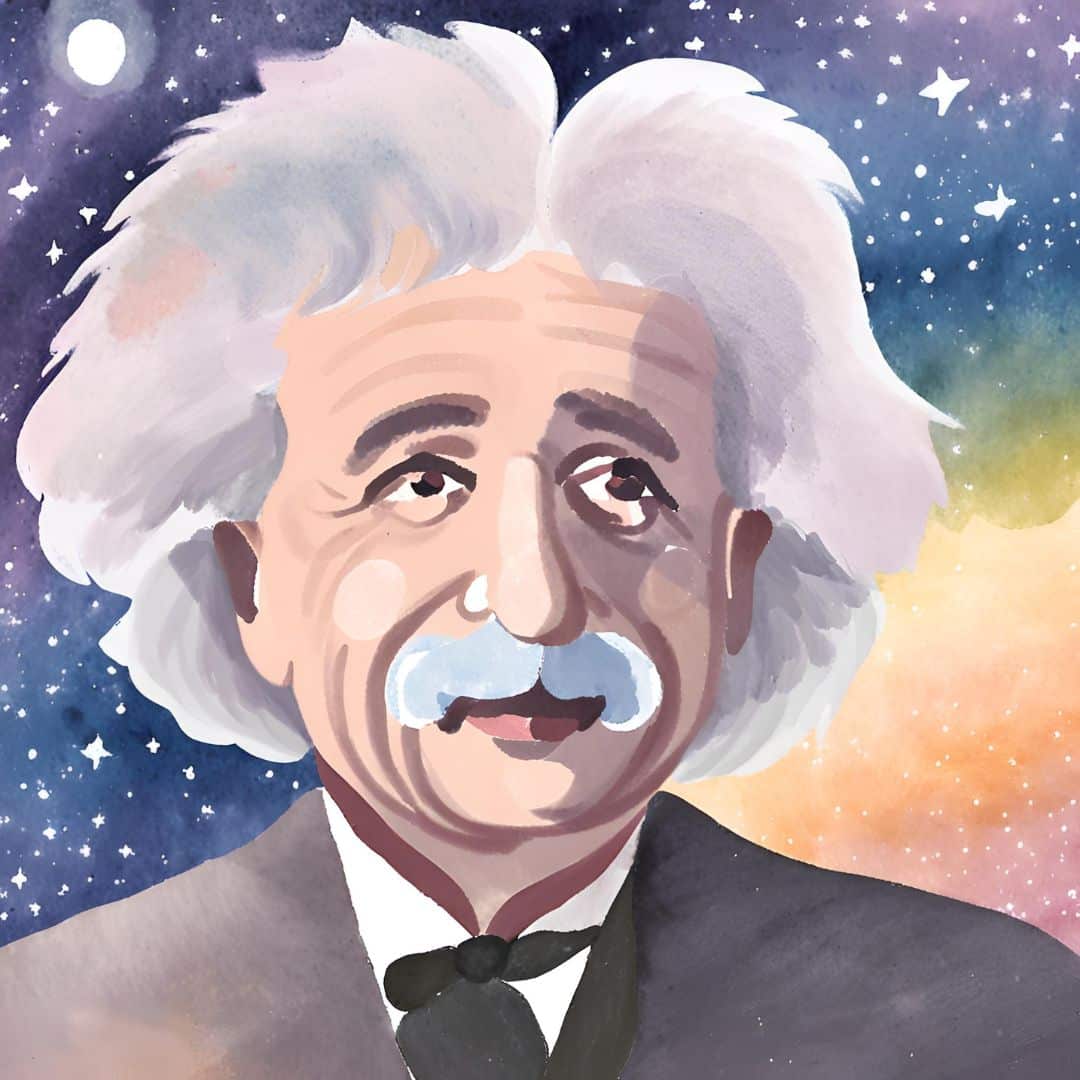
The Quest for a Theory of Everything
Einstein spent his later years searching for a unified theory of physics. While he didn't succeed, his dream inspired generations of physicists. The hunt for a 'theory of everything' continues today, with string theory as a leading contender.
From relativity to quantum mechanics, Albert Einstein changed the world of science. Explore his incredible contributions to modern physics! #AlbertEinstein #CosmicGenius #Physics @inspirationalscienceforsubs
Einstein's Impact on Popular Science
Einstein didn't just change science; he became a cultural icon. His wild hair, playful personality, and knack for explaining complex ideas made him the world's first celebrity scientist.
E = mc² in Pop Culture
From The Simpsons to Star Trek, Einstein's theories and image pop up everywhere in popular culture. His equation E = mc² has become shorthand for scientific genius, adorning everything from t-shirts to tattoos.
Inspiring the Next Generation
Einstein's story of curiosity, perseverance, and outside-the-box thinking continues to inspire budding scientists. His famous quotes about imagination and creativity remind us that science isn't just about facts - it's about asking big questions and dreaming even bigger.
By exploring Einstein's life and work, you're not just learning about one man's achievements. You're diving into a story that changed the course of human understanding. So, the next time you look up at the stars or ponder the mysteries of the atom, remember: you're seeing the universe through Einstein's eyes. And who knows? Maybe you'll be the next to revolutionise our understanding of the cosmos!
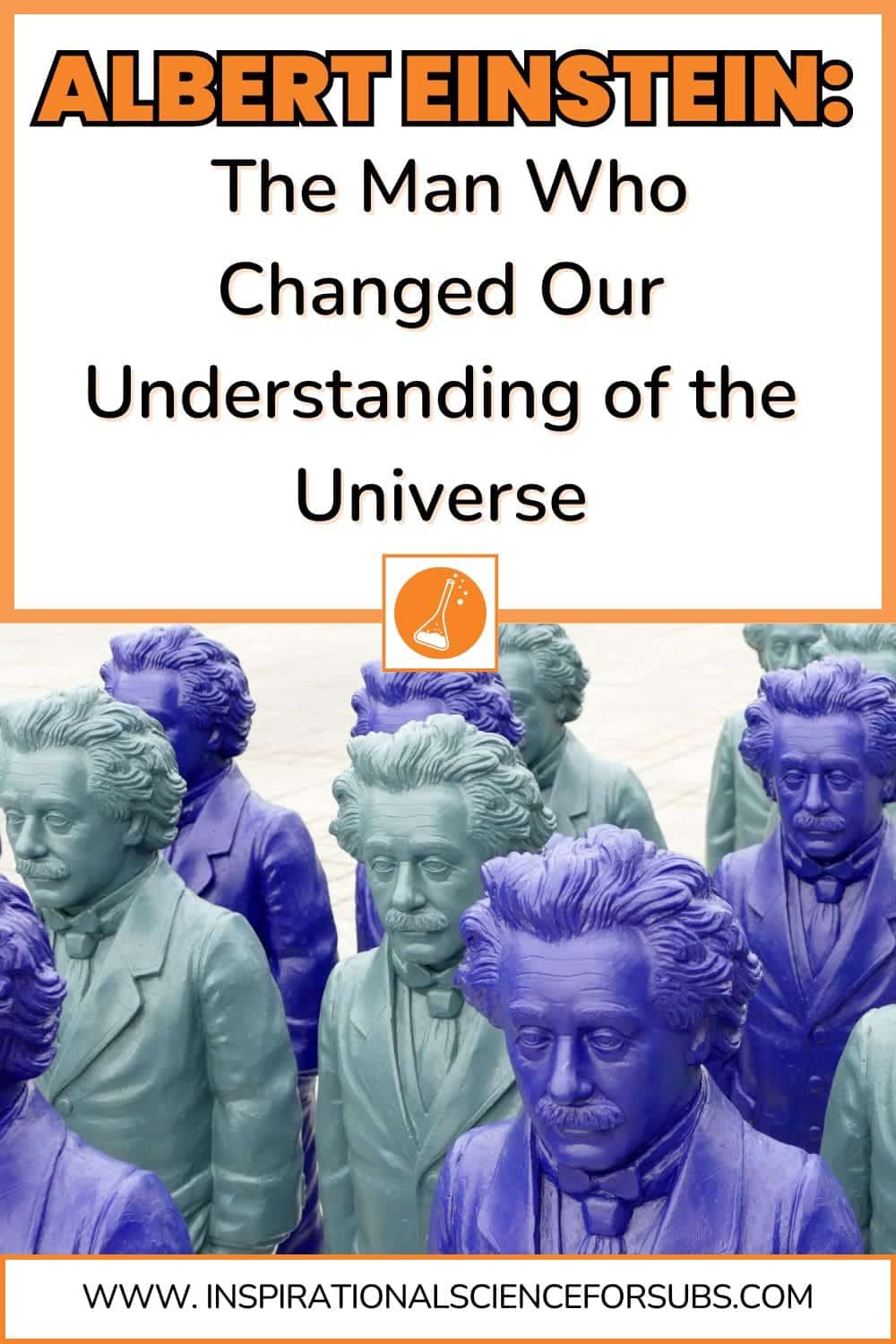
Enjoyed the article?
Albert Einstein's Universe - Summary
In a nutshell, Albert Einstein wasn't just a scientific genius - he was a game-changer who reshaped our understanding of the universe. From his groundbreaking theories of relativity to his contributions to quantum mechanics, Einstein's work continues to influence physics and technology today. But beyond the equations, Einstein's legacy as a cultural icon and symbol of scientific curiosity inspires generations of thinkers. His story reminds us that great discoveries often come from asking simple questions and imagining the impossible. So, whether you're a budding scientist or just curious about the cosmos, Einstein's journey shows that with a bit of imagination and a lot of perseverance, you can change the world.

